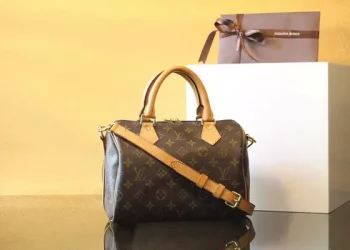France’s President Emmanuel Macron is facing accusations of yielding to the wine lobby by not endorsing an alcohol-free “Dry January.” Fifty addiction specialists penned an open letter expressing disappointment over the government’s failure to back the post-festivity no-drinks campaign.
The Défi de janvier (January Challenge), introduced from the UK in 2020, has gained popularity in France, but the specialists claim its success occurred despite government indifference. In the letter to Le Monde, the doctors expressed serious doubts about the government’s commitment to a coherent and determined policy against alcoholism.
Several ministers distanced themselves from the call for a teetotal month, opting to encourage moderation rather than a complete alcohol fast. Agriculture Minister Marc Fesneau argued that the overall decline in French alcohol consumption made Dry January irrelevant, while former Health Minister Aurélien Rousseau expressed skepticism about the government dictating lifestyle choices.
Critics suggest these responses indicate the government’s prioritization of not offending the wine lobby over promoting good health. Supporters of Dry January point out that France remains Europe’s fourth-largest consumer of alcohol, contributing to over 40,000 deaths annually.
Allegations that President Macron personally discouraged support for Dry January are supported by his public endorsement of alcohol in the past. In 2022, he was elected Personality of the Year by a wine magazine after stating he drank wine twice daily. Last June, he was filmed downing a bottle of beer, raising accusations of encouraging binge drinking.
While championing French winemakers aligns with the wine industry’s economic significance, critics argue that Macron’s public drinking is also a populist gesture to counter accusations of being “out-of-touch.” The debate highlights the complex intersection of public health, cultural practices, and economic interests in France’s relationship with alcohol.





























